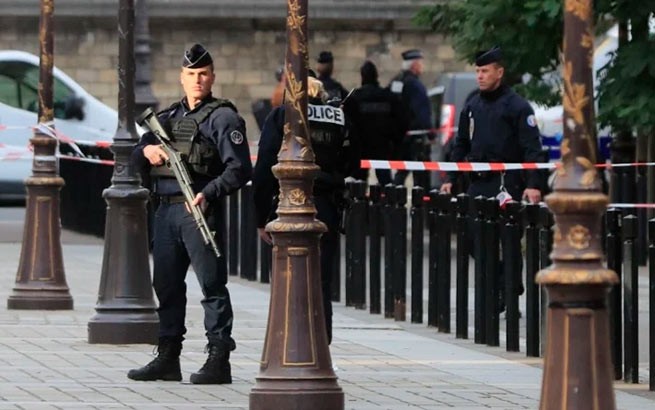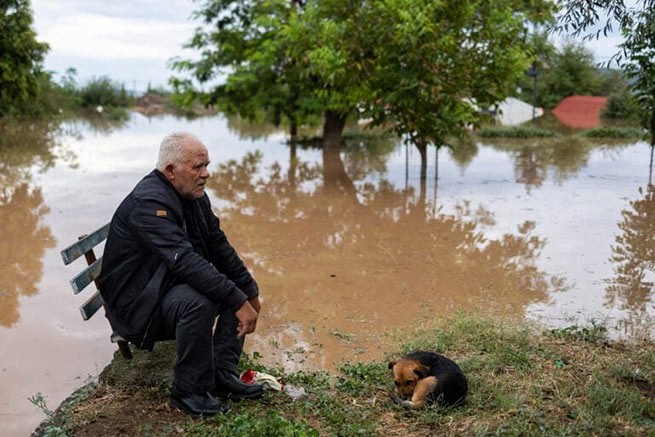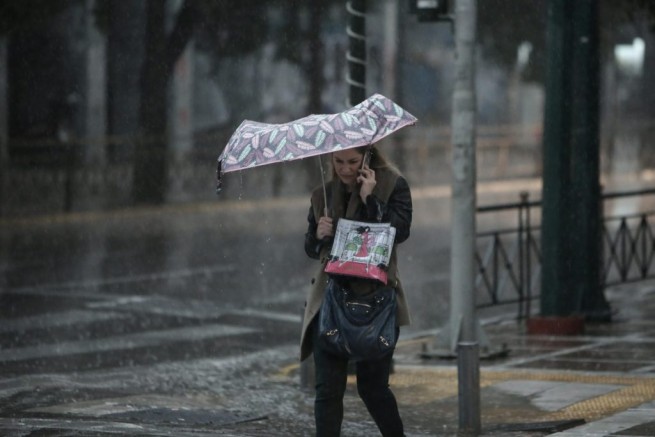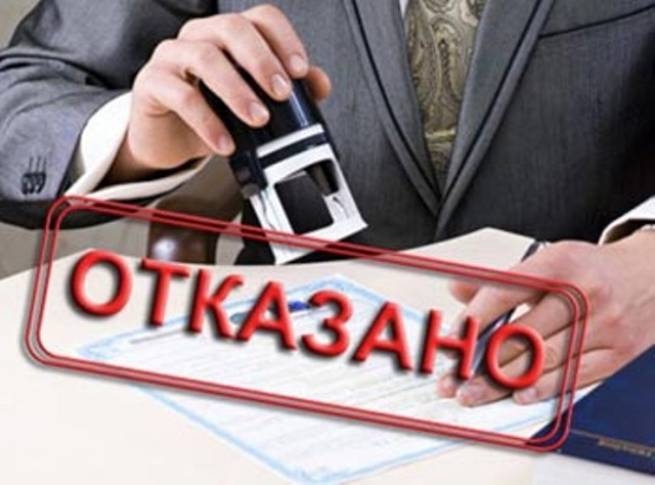In recent weeks, several Russians who have fled their country have been refused by consulates to renew or obtain new passports. What is the reason, and how to be in a similar situation?
First failures – in Lithuania and Canada
How legal is such an action in relation to Russians living abroad, and how not to become an illegal immigrant? But there are precedents … For example, the consulate in Vilnius refused to issue a passport to the wife of the defendant in the criminal case on “military fakes” Kristina Zavyalova, and the former coordinator of Navalny’s headquarters in Yaroslavl, Russian woman Elena Lekiashvili, was not issued a new passport in Lithuania due to a fine for participating in rally in his support back in 2021 – he remained unpaid. But the third case turned out to be especially resonant, in Canada, when a Russian woman was canceled an appointment at the consular department due to a “security threat to a Russian foreign institution” – she was subscribed to an opposition public on Facebook, writes Air Force.
Is it legal not to issue a passport?
The law “On the procedure for leaving the Russian Federation” clearly lists cases when the consulate does not issue a new passport to a citizen, for example, if there are grounds to prohibit him from leaving Russia. Among the most common:
- it is impossible to go abroad if the Russian is declared bankrupt or has access to state secrets;
- if he is drafted into the army;
- if a criminal case has been opened against him;
- if a citizen of the Russian Federation “avoids fulfilling the obligations imposed on him by the court” (did not pay an administrative fine, did not serve time in prison or 15 days in a special detention center).
Alternatively, instead of a new passport, the consulate will issue such a person with a temporary “certificate for entry into the Russian Federation” – a one-time document for returning to their homeland. However, lawyer Grigory Vaypan argues that the law is contrary to international law:
“Essentially, the state is thus forcing people to return. The UN Human Rights Committee proceeds from the fact that the refusal of the state to issue a new passport to its citizen who is abroad violates his right to freedom of movement. The Committee emphasizes that the state has no right refer to the fact that a person without a passport can return to his country.”
Alien’s passport
For those who have a residence permit in another country, there is an option – to obtain a foreigner’s passport. Such a document is issued by many countries – Estonia, Finland, Britain, the USA, Canada and others. But you will need to prove that it is impossible to get a passport of your country. The refusal of the consulate, for example, can serve as such evidence. However, a foreigner’s passport does not certify citizenship, therefore, even in visa-free countries for Russians – Turkey or Georgia – a visa is required to travel.
Grounds for refusal
Experts say that the number of Russian emigrants who cannot replace an expiring passport will continue to grow. Moreover, it is easy to get a reason for refusal now. To initiate a criminal or administrative case, it is enough to be active in social networks, which may fall under the article about discrediting the armed forces or about fakes. Even “in a mild case”, imposing a fine, it will have to be paid first. What if there are too many fines? And what about those who cannot, for example, obtain a foreigner’s passport?
Refugee status
For those persecuted for political reasons, the way out is quite long, but leading to the absence of problems with documents in the future – to ask for political asylum. The process can sometimes drag on not only for months, but also for years. Sometimes jobseekers have to live in migrant centers, where conditions are, to put it mildly, far from ideal. In addition, you will have to prove that returning to your homeland is impossible – there you are in danger. If the process ends successfully, refugees receive special passports and the possibility of obtaining citizenship (not in all, but in many) in their countries of residence.
Group risks…
There are cases when men who left because of mobilization were denied asylum. Because of a similar refusal in South Korea, five Russians who fled from the mobilization have been living at the airport for several months. Group risks, says Olga Tseytlina, a lawyer and expert on protecting the rights of migrants, “will not work.” A Russian will be able to obtain asylum in the EU only after confirming the “individual, personal risk” in case of return to Russia.
The lawyer argues that the general risks, which include the refusal to mobilize in Russia, to obtain asylum or other humanitarian status in many European countries (for example, in Germany or Belgium), will not become a weighty reason. But if a person has received an administrative fine for “No to war” or he faces criminal prosecution for “discrediting” and “fakes”, for expressing an opinion, or he fled the battlefield and faces a term for desertion or issuing state secrets to the enemy – this can be recognized as individual risk. However, the expert notes, each country sets its own criteria and rules.
… and customized
The lawyer explains that the reference to the fact that the consulate does not issue a passport, to the threat of an administrative case, and even to the summons received from the military registration and enlistment office may also be insufficient. But even here everything is individual: a call to the military enlistment office for data verification or a “combat agenda” with an order to appear at the assembly point are formally different risks, and they can be assessed in different ways.
The hardest thing will be for Russians without a residence permit, against whom an administrative or criminal case has been opened in Russia, but not under a “political” article. Will they give a humanitarian residence permit to a Russian who is accused in his homeland of drug use or traffic violations? Will a man who is tried in Russia in absentia for failing to appear at the military enlistment office receive refugee status? There are more questions than answers, and in each case the situation will be considered individually.
Illegal migration
So far, refusals to issue Russian passports can be called isolated cases, but many people may have problems. And if a person does not have a passport or a document proving his identity and confirming the right to be in the country EUhe will become an illegal migrant, with all the ensuing consequences.
Illegal immigrants, according to the law, can be attracted for violation of the regime of stay and deported. Whether Russians who have received a refusal to obtain a new passport at the consulate will be expelled is another question, says Olga Tseytlina. It is unlikely that Russian citizens will face mass expulsions, she believes. But it is quite realistic that these people will find themselves in the position of illegal migrants without the opportunity to work, rent housing, receive health insurance and medical care, and cross the borders of the European Union.







More Stories
Low wages and inflation "drown" Greek youth
Greece becomes a 'safe haven' for German pensioners
Bark Air: New airline specializing in pet transportation launches in May